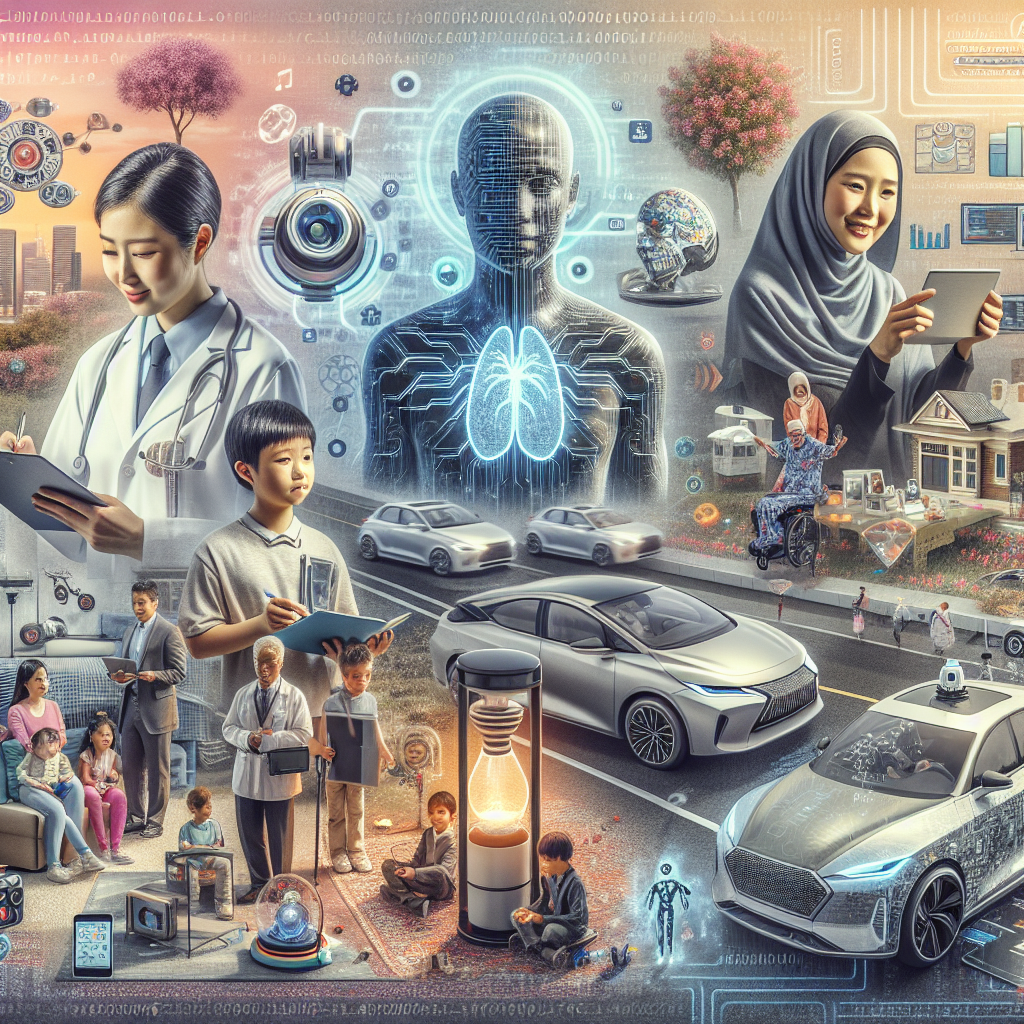## The Importance of Artificial Intelligence in Modern Society

### Enhancing Operational Efficiency
One of the foremost advantages of AI lies in its ability to exponentially increase operational efficiency. AI algorithms, particularly those leveraging machine learning and data analytics, can process and analyze vast quantities of data far more quickly than human capabilities allow. This leads to more informed decision-making processes in real-time. For instance, in the financial sector, AI is utilized to detect fraudulent activities by analyzing transaction patterns, thus maintaining the integrity of financial systems. Similarly, in logistics, AI-based predictive analytics can optimize supply chains, reducing waste and improving delivery times.
### Driving Innovation
AI is also a significant driver of innovation in various fields. In healthcare, for example, AI-powered tools can analyze medical images more accurately than the human eye, facilitating early diagnosis of diseases such as cancer. Personalized medicine, an evolving branch of healthcare, heavily relies on AI to create tailored treatment plans based on individual genetic profiles. Additionally, in the realm of pharmaceuticals, AI algorithms are instrumental in expediting the drug discovery process, identifying potential drug candidates more efficiently than traditional methods.
### Societal Impact
Beyond efficiency and innovation, AI holds considerable promise for societal benefits. In the educational sector, AI-enabled platforms provide personalized learning experiences, catering to the individual needs of students and thereby improving educational outcomes. Moreover, AI has applications in addressing pressing global challenges. Environmental sustainability initiatives can leverage AI to monitor climate change, optimize energy use, and even enhance disaster response strategies.
Furthermore, AI-driven smart cities initiatives aim to improve urban living conditions. By integrating AI with IoT (Internet of Things) devices, cities can optimize traffic flow, manage waste more effectively, and conserve energy resources, creating more liveable environments for their inhabitants.
### Ethical Considerations
However, the proliferation of AI also necessitates a careful examination of its ethical implications. Issues such as data privacy, algorithmic biases, and the potential for job displacement must be addressed proactively. Ensuring the ethical deployment of AI involves multi-stakeholder collaboration, encompassing policymakers, technology companies, and civil society. Establishing robust regulatory frameworks and ethical guidelines is imperative to harness AI’s benefits while mitigating potential risks.
### Future Prospects
The future of AI holds transformative potential. With ongoing advancements, we are on the brink of achieving even more sophisticated AI systems that could revolutionize virtually every aspect of human life. Quantum computing, for instance, promises to exponentially enhance AI’s computational capabilities, opening new frontiers in research and practical applications.
In conclusion, the importance of AI in modern society is multifaceted, encompassing enhanced efficiency, driving innovation, and yielding substantial societal benefits. However, reaping these benefits responsibly requires an ethical approach and vigilance towards potential challenges. As we stand at the precipice of an AI-driven future, a balanced and considered approach will ensure that AI continues to be a force for good, driving progress and improving human life on a global scale.
